The News-Hub/ Articles
Back to Articles
Recommended Articles
The Coronavirus: Helping Wildlife, Hurting Human Lives?
At this very moment, the entire world is fighting a great war against an invisible enemy that has forced us to stop our daily lives. This global pandemic has had a tremendous effect on all nations, and has also had a deep impact on nature - while the world is locked down, nature is reclaiming its territory. The coronavirus and subsequent worldwide quarantine has impacted wildlife in both positive and negative ways.
With us humans self isolating at home, wild animals now have space to roam around in urban areas. During lockdown, a herd of deer was caught on camera on the streets of Haridwar, India. Wild boars have been spotted in the center of Barcelona, Spain. In Wales, mountain goats are causing trouble on the streets of Llandudno. All around the world, there have been many incidents of animals venturing into cities. Furthermore, pollution levels have decreased and public spaces are lying deserted. In India, a massive rise in the number of baby olive Ridley sea turtles can be seen as beaches lie unpopulated. As a result, around 60 million sea turtle eggs have been deposited on Indian beaches this year. This has also brought some much deserved rest to the elephants that are used for joyrides for tourists in India and Thailand.
After observing these incidents, we can say that Covid 19 is a blessing for wildlife. However, this situation is really a double edged sword. While the elephants are temporarily free from hard labor, there is a lack of steady income for its owners thereby threatening the elephants’ survival. The number of bushmeat poaching in Africa and Asia has also increased rapidly during lockdown. Due to this poaching, many endangered species are on the verge of extinction. Additionally, illegal wildlife trade has taken center stage during lockdown; however, many organizations are forcing governments to ban animal trade, which offers a ray of hope amidst this bleak setting.
Yet, this topic echoes a more pertinent question – what will happen to these animals once the pandemic is over and humans return to their turf? Can the pandemic be considered the much needed wake up call for humanity? Hopefully, current circumstances will enable us to reconsider our lifestyle and our relationship with nature, thus encouraging essential changes for the future.Empty content. Please select category to preview



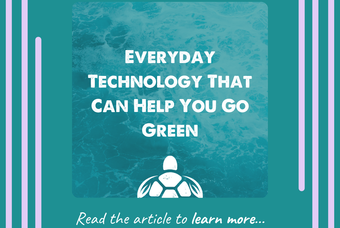
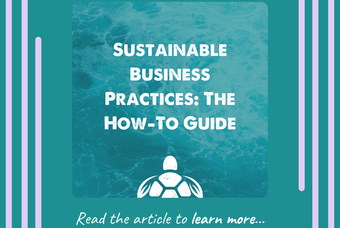

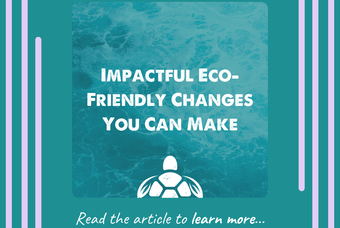
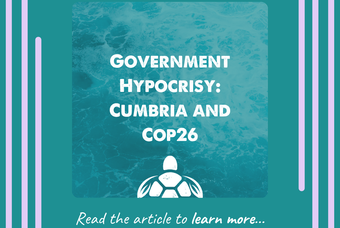
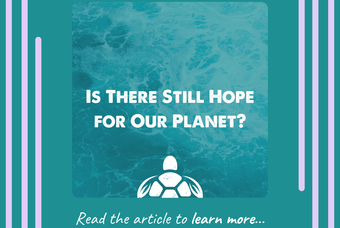
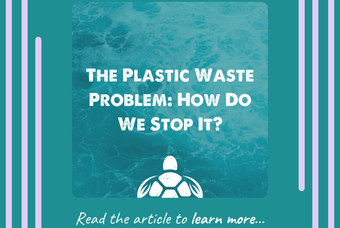
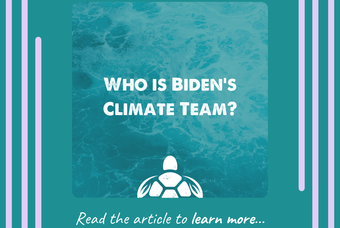
0 comments. Write a comment